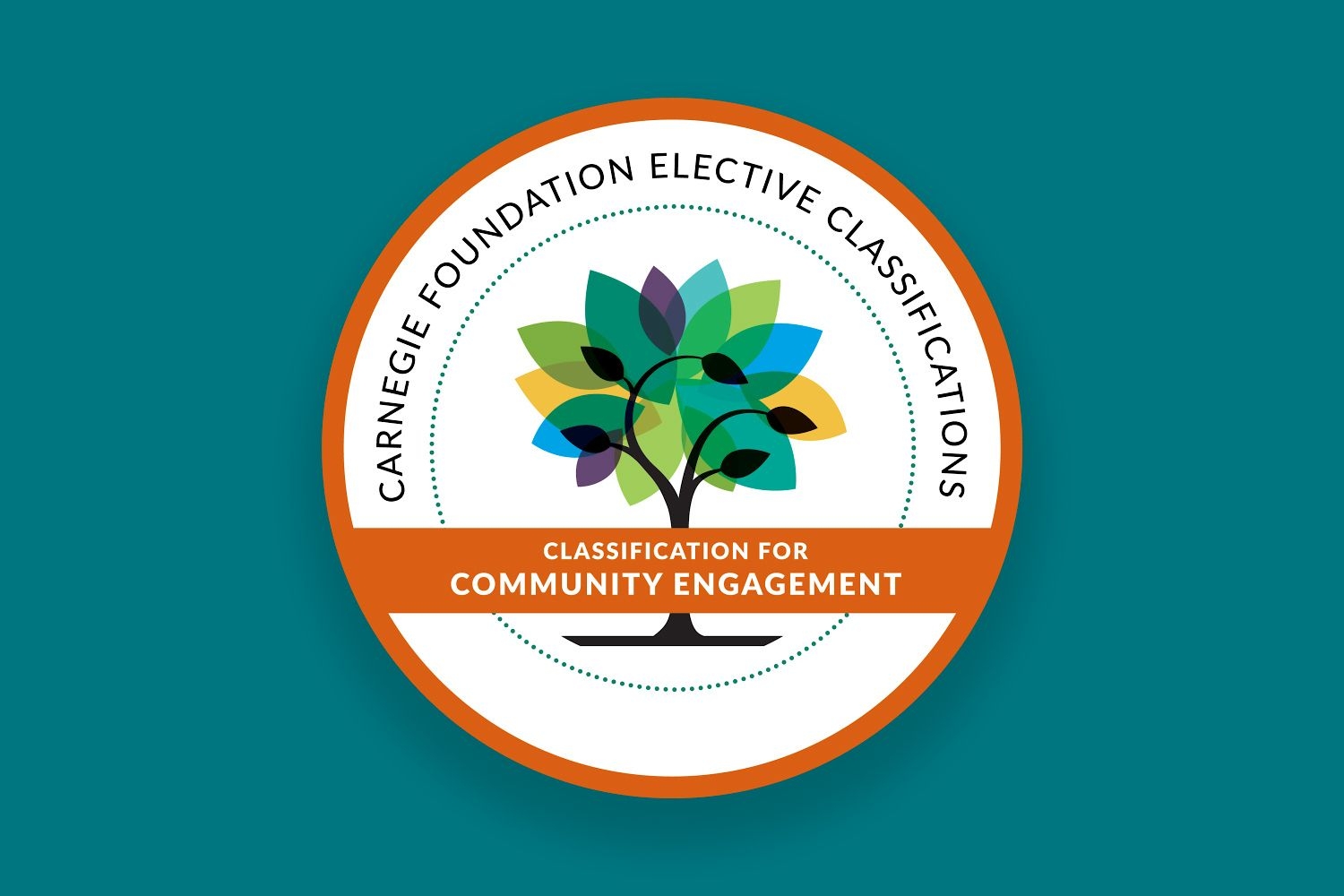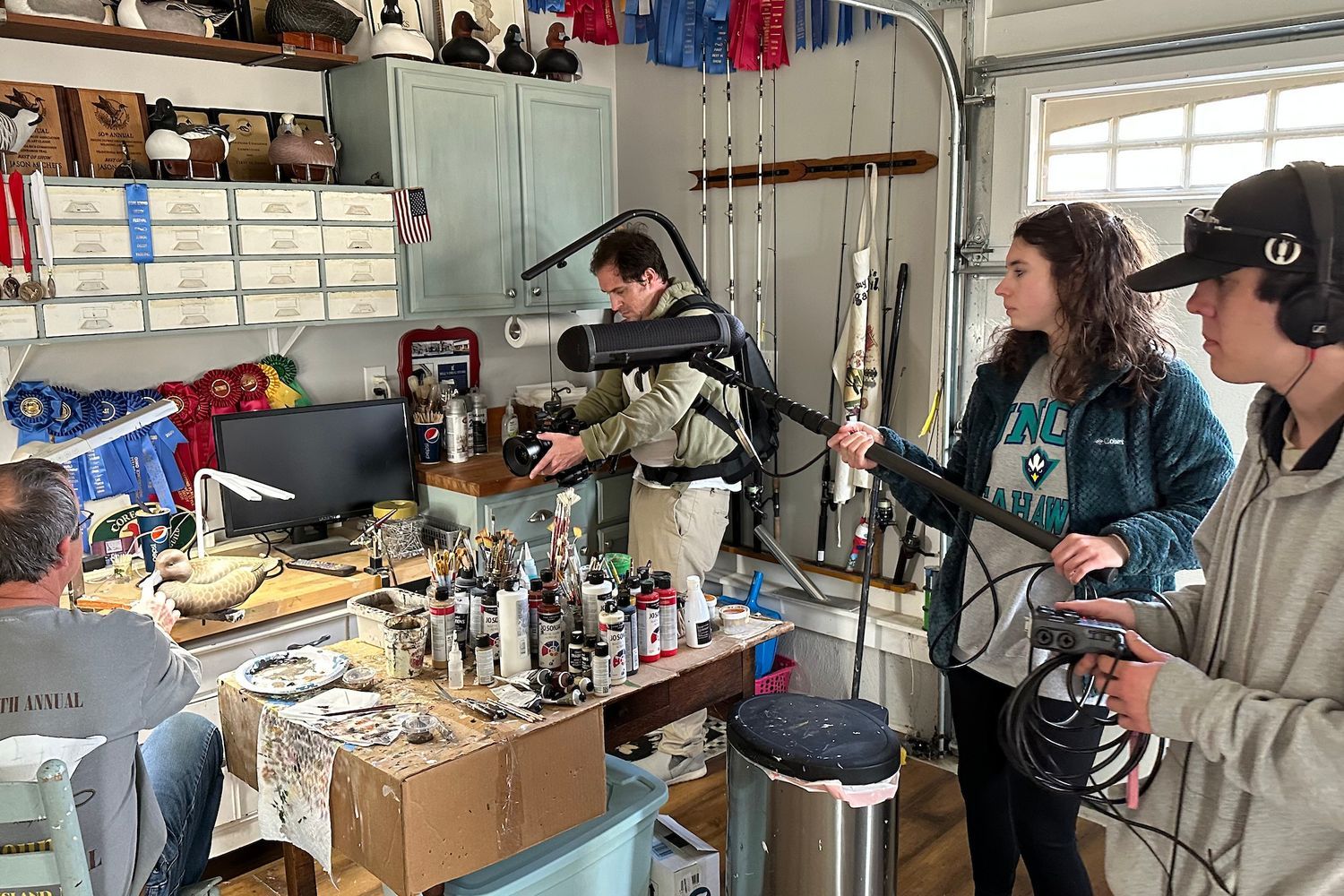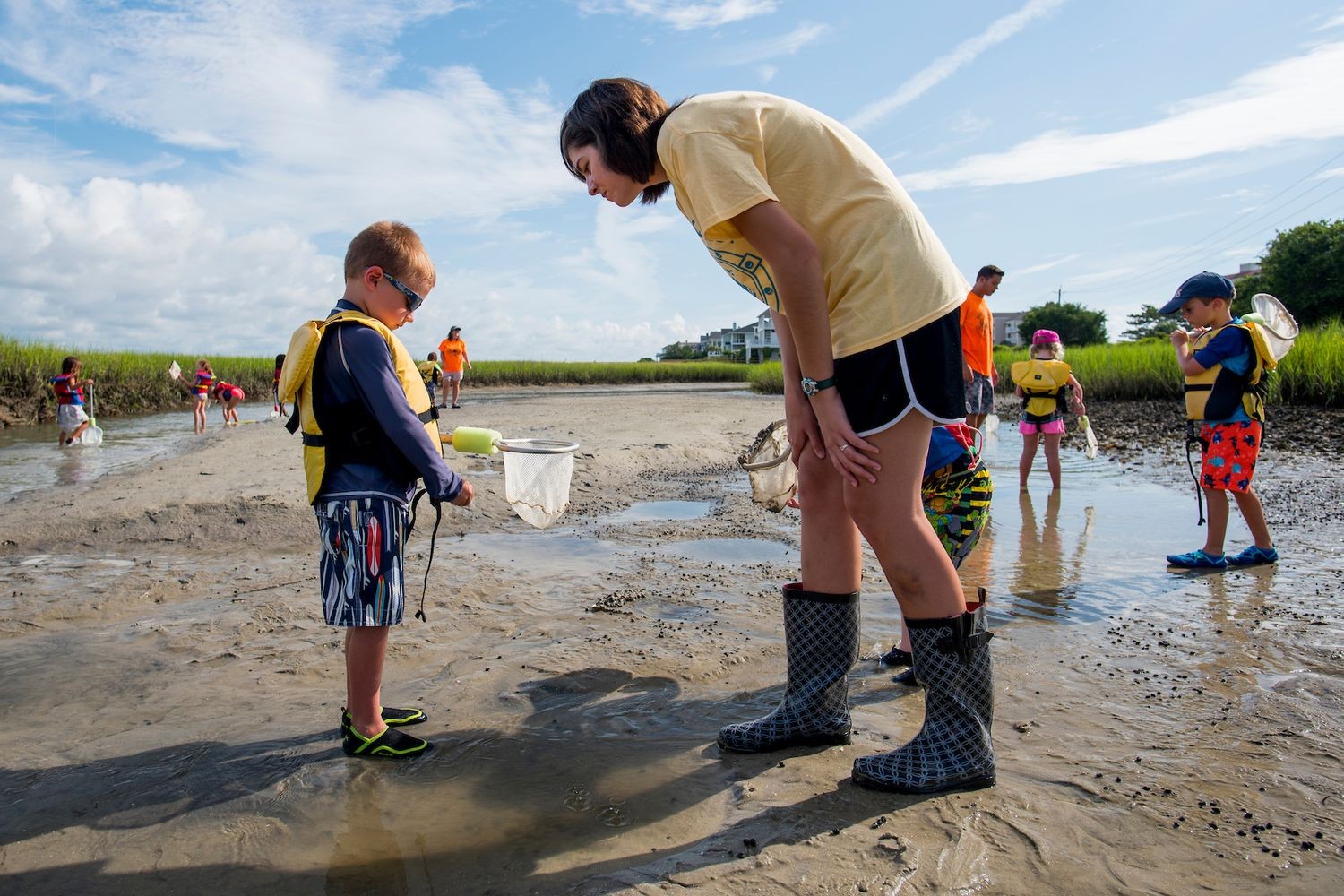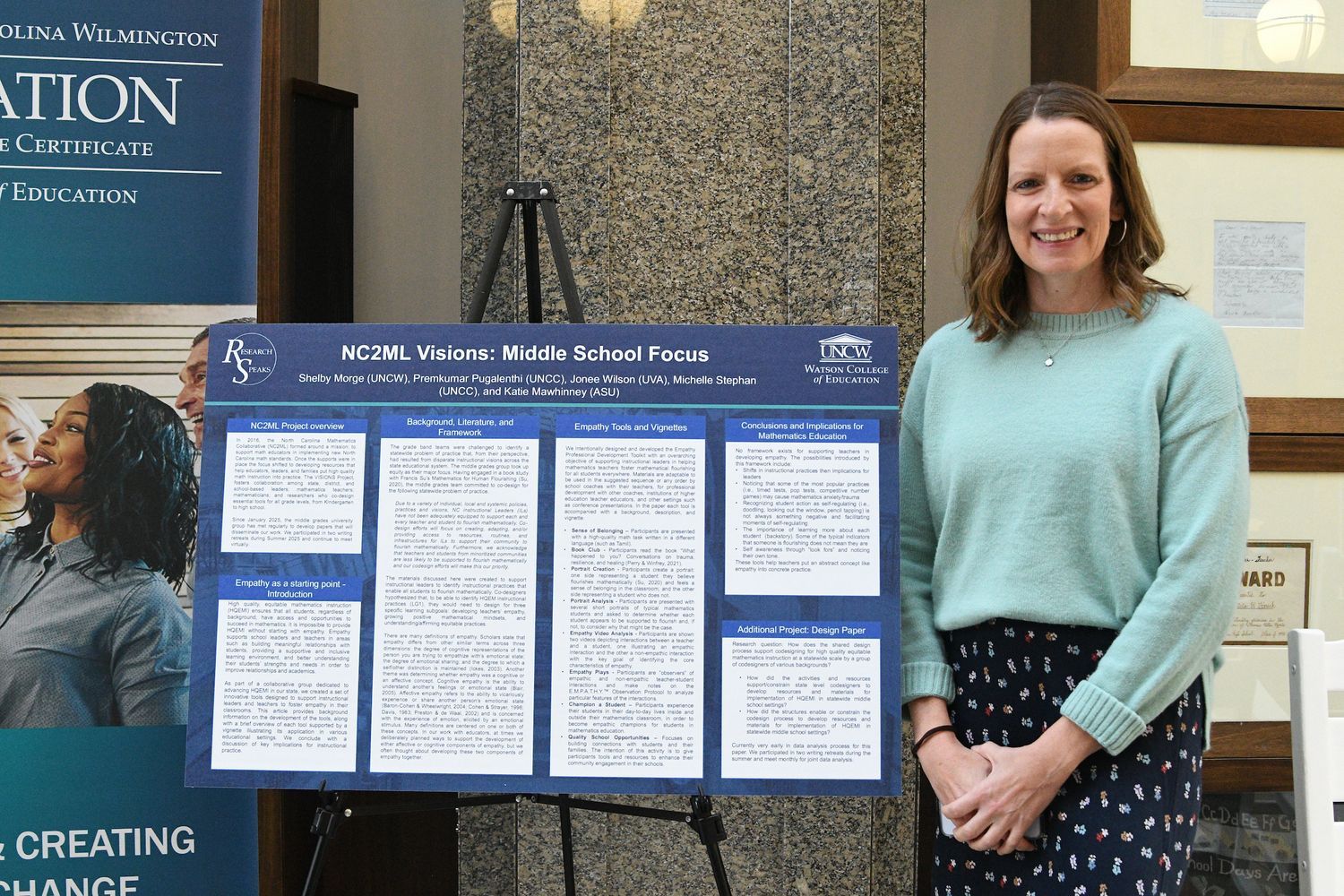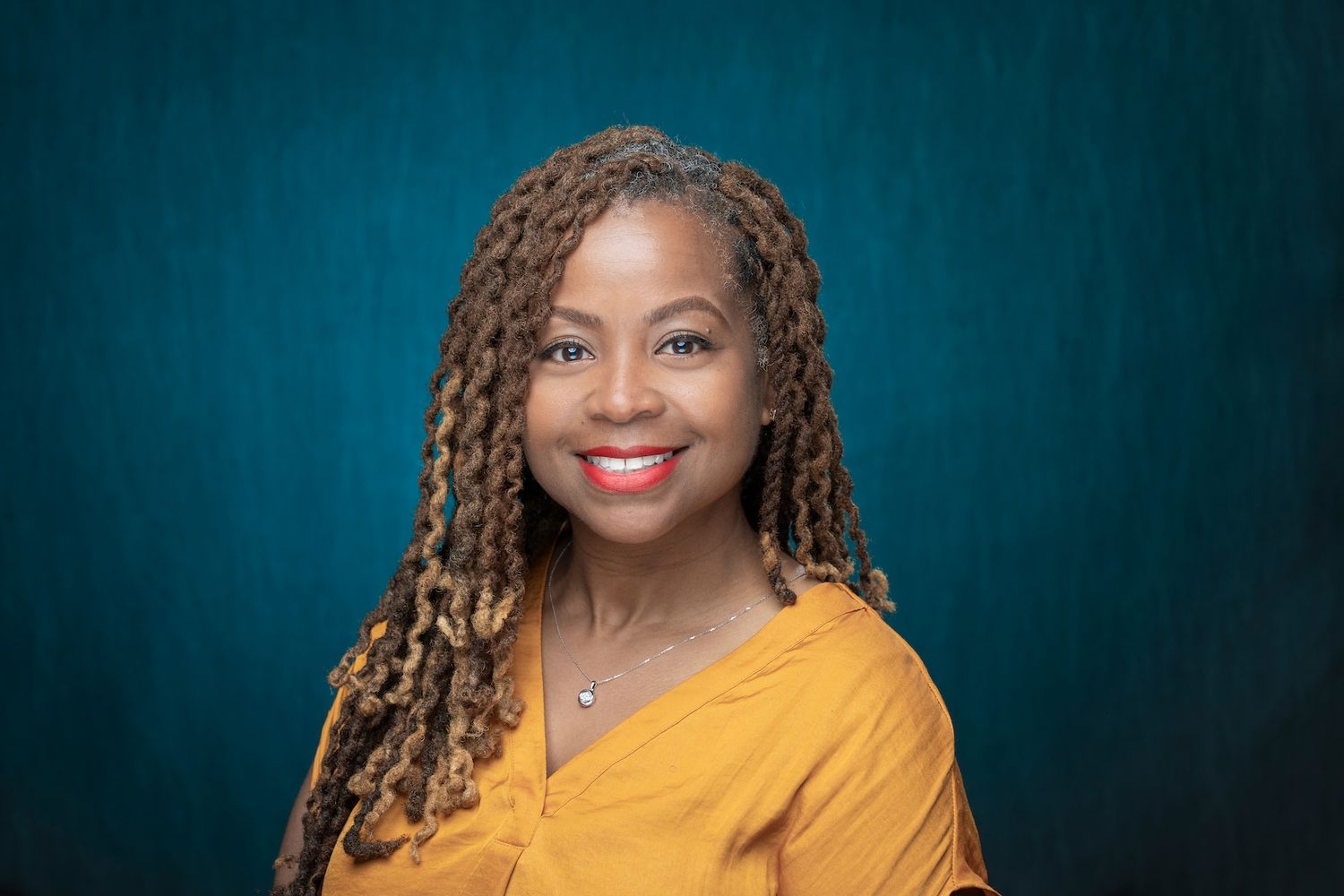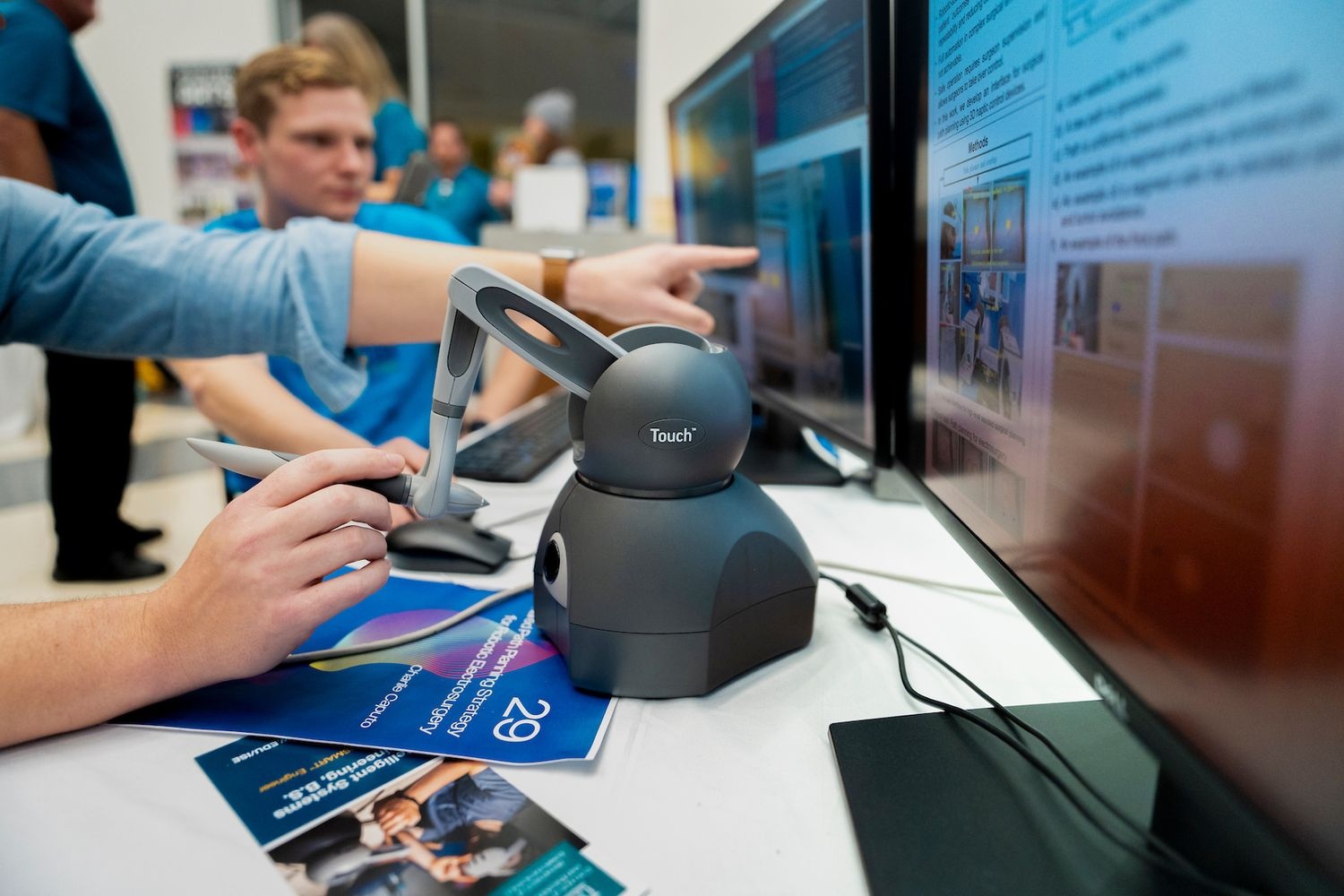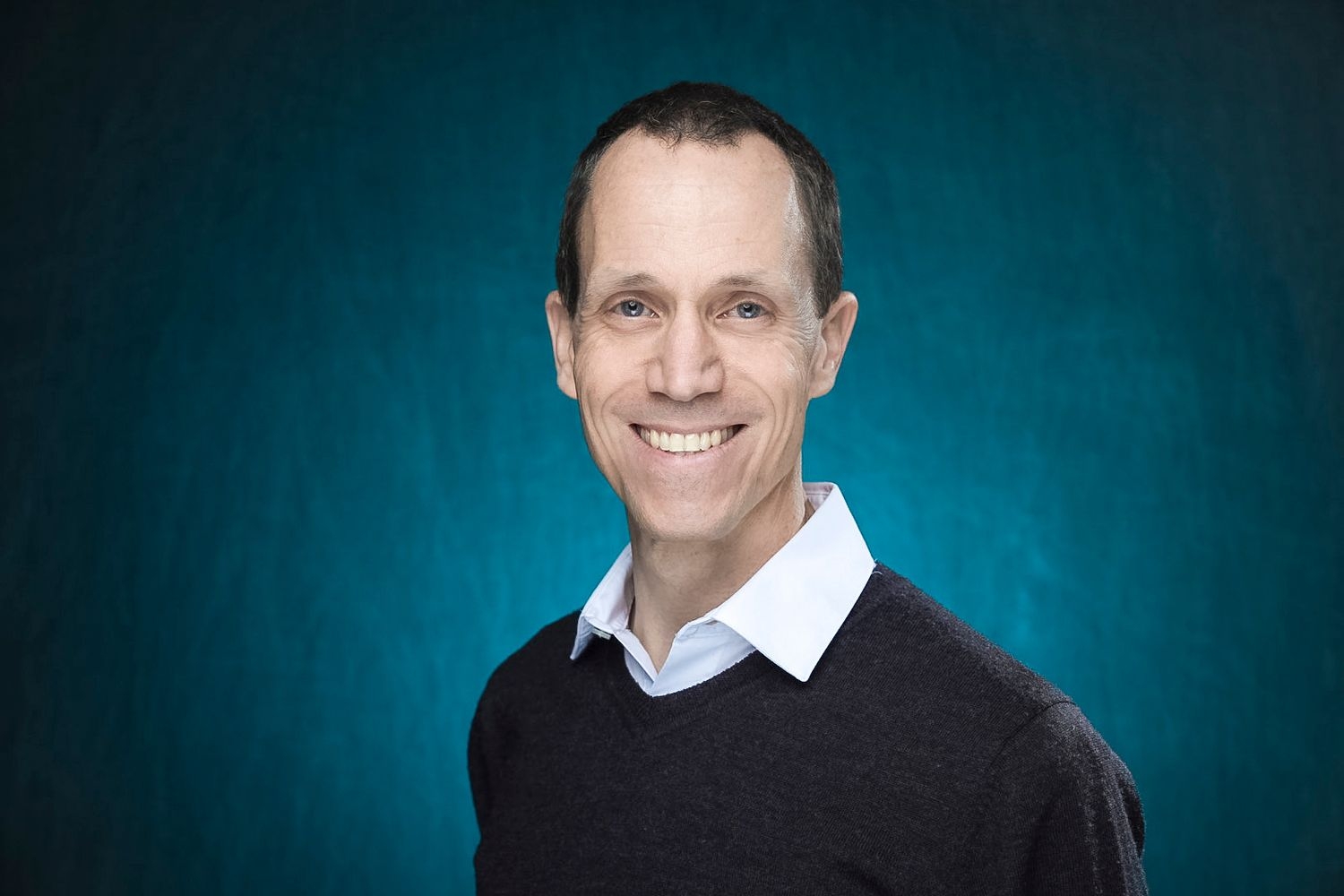News
Recent Posts
Message from Chancellor: Greetings for the New Year
Happy New Year! As campus comes alive again, I'm reminded how much creativity, energy and Seahawk spirit you bring to campus.
Project Takes Student Storytellers Down East
Undergraduate students spent a week on Harker’s Island producing “Tales from the Mariners: Core Sound Documentaries,” an...
UNCW Recognized Nationally for Community Engagement
UNCW has earned the 2026 Carnegie Elective Classification for Community Engagement.
Center for Innovation and Entrepreneurship Launches Thrive Lab
UNC Wilmington’s Center for Innovation and Entrepreneurship (UNCW CIE) launched the Thrive Lab, powered by Wells Fargo, a new multi-month...
Vetter Named IEEE Computer Society Distinguished Contributor
Dr. Ron Vetter has been named a 2025 Distinguished Contributor to the Institute of Electrical and Electronics Engineers (IEEE) Computer Society.
MarineQuest: Inspiring a Coastal Commitment that Spans Generations
For over 45 years, MarineQuest has immersed K-12 students in the rich marine ecosystems of coastal North Carolina to build leaders, inspire futures...
Seahawks Win Esports Conference Championship
UNCW’s Esports Valorant team clinched their fourth conference title in two years and advance to national competition in spring 2026.
Rowers Reunite: Alumni, Student Clubs Connect
The UNCW Rowing Club is one of the university’s longest-standing student organizations and maintains a strong alumni presence dedicated to...
UN ‘Sea’ W: Advancing Turtle Conservation, Education and Outreach
UNCW graduate researchers Caroline VanDuzer and Jamie Clark are exploring sea turtle biology to gain insights into how rising temperatures affect...
Global Ties Strengthen at X-Culture Symposium
The Cameron School of Business continued its commitment to global business education by participating in the X-Culture Global Business Week in...
Cyber-PARK Project Selected for NCInnovation Funding
Ebrahimi's Cyber-PARK project, which teaches elementary students cybersecurity skills, is the latest UNCW initiative selected for NCInnovation...
Digital Safety Starts Early with Cyber-PARK Program
Guided by a singular mission to close the critical K-5th grade cybersecurity gap, a UNCW research team led by Ellie Ebrahimi developed Cyber-PARK,...
UNCW Receives Grant to Advance Flooding Research
UNC Wilmington’s Center for Marine Science (CMS) has been awarded a $500,000 planning grant from the New Hanover Community Endowment to...
BOT to Hold Special Called Meeting Dec. 12
The UNCW Board of Trustees will hold a special meeting on Friday, Dec. 12, at 12:30 p.m., in McNeill Hall Room 1051.
UNCW Fall 2025 Commencement Ceremonies Set for Dec. 13
All ceremonies will take place in Trask Coliseum.
UNCW Police Earns Second CALEA Accreditation
The UNC Wilmington Police Department has earned its second accreditation from the Commission on Accreditation for Law Enforcement Agencies, a...
Watson Hosts Research Speaks Conference
On October 30, the Research Speaks Conference successfully celebrated innovative and diverse research across the Watson College of Education.
Julia Lynch Conducts Research to Advance Rural Literacy
Dr. Julia Lynch is conducting innovative research on culturally sustaining, community-rooted literacy practices that empower teachers and students...
Kevin McClure Receives National Public Scholarship Award
UNCW’s Kevin McClure and research partners Jorge Burmicky and Wonsun Ryu have been recognized by ASHE for their national study on effective...
Nirmal Ghimire Advances Teacher Education with AI
WCE’s Nirmal Ghimire is using artificial intelligence and machine learning to uncover new insights that can be used to improve teacher...
Michele Parker Receives Inaugural Research Award
Michele Parker, professor in the Department of Educational Leadership, has received the Watson College of Education’s Inaugural Research...
Art Alum Returns to Wilmington for Solo Exhibit
Meredith Connelly ’11 reconnected with UNCW Art & Art History faculty and students when setting up for a solo exhibition at the Cameron...
UNCW Establishes Jerry Wainwright Scholarship
Men's basketball coaching icon Jerry Wainwright, who put UNCW's program on the map in early 2000s, is being recognized with the...
Program Piloted by UNCW, ECU Receives UNC System Award
An innovative, interdisciplinary, intercollegiate research training program spearheaded by UNCW has received an Undergraduate Research Program Award.
Chancellor Volety Appointed to AASCU Board of Directors
Chancellor Aswani K. Volety has been appointed to the Board of Directors at the American Association of State Colleges and Universities (AASCU), a...
Chris King Named NC Outstanding New Professional
Chris King, a residence coordinator for the UNC Wilmington Department of Housing and Residence Life has been recognized by North Carolina...
UNCW Tackles Flood Risks and Water Resource Management
UNCW researchers, in partnership with the Office of Sustainability, the Office of Facilities and the University of Hull (UK), have installed a...
Update: Bomb Threat Unfounded
Following a thorough investigation by UNCW Police in coordination with local, state and federal law enforcement agencies, the bomb threat submitted...
Notice: Investigating Unsubstantiated Bomb Threat to Campus
The university has been made aware of a bomb threat that was submitted through the feedback form on the UNCW website. At this time, based on...
UNCW, Military Partners Dispel False Social Media Claims
UNCW has been working in collaboration with officials at the Marine Corps Base Camp Lejeune in Jacksonville, North Carolina, and local law...
D.C. Virgo Celebrates 60 Years of Legacy
Students at D.C. Virgo celebrated 60 years honoring their namesake, David Clarke Virgo, during the school’s first Legacy Day!
CIE and OIC Drive Change Through Innovation and Collaboration
UNCW's CIE and OIC continue to drive progress through research, commercialization, startup support and strategic partnerships.
Researcher Leads Effort to Eliminate Malaria in Uganda
Michelle Cathorall leads the Malaria Mastery Prevention Program, a community-driven project aimed at eliminating malaria in Uganda.
Research and Innovation Celebrates Excellence at Annual Reception
Research and Innovation Celebrates Excellence at Annual Reception
2025 Million Dollar Club Announced; Bingham Tops $5M
Research & Innovation announced a record number of 2025 Million Dollar Club Inductees and recognized Frederick Bingham as a $5 Million Dollar...
UNCW Introduces Career Focused AI Certificate Program
In Fall 2025, UNCW is introducing a certificate program available to all undergraduate students in Artificial Intelligence Literacy to ensure...
TEAL-SHIPS Cruise Advances Hurricane Forecasting
The UNCW-led TEAL-SHIPS collaborative research project deployed drifter instruments during its recent offshore cruise, capturing data ahead of...
UNCW Partners with Novant On Nursing Pipeline Program
UNCW and Novant have launched the VITALS Program to prepare incoming students for careers in nursing and help address the healthcare workforce...
CIE to Host Third Annual Ocean Innovation Conference in September
Registration open for third annual Ocean Innovation Conference in September.
UNCW and Oak Island Launch Coastal Resiliency Partnership
The UNCW College of Science and Engineering is excited to announce a Memorandum of Understanding (MOU) with the Town of Oak Island. The partnership...
Celebrating 20 Years of Community Engagement
UNCW and the Town of St. James celebrate 20 years of partnership for shoreline preservation.
Protecting Beauty of Coral Reefs Provides Economic Benefits
Matthew McLean's recent study explores what makes a coral reef appear beautiful to the public.
Probiotics Show Promise in Slowing Coral Disease Impacting Caribbean Reefs
Assistant Professor Blake Ushijima co-authored a groundbreaking study revealing a bacterial probiotic can slow the spread of stony coral tissue...
Ricanek Receives Intellectual Property Grant
Karl Ricanek Jr., professor in the UNCW Department of Computer Science and director of the Institute for Interdisciplinary Identity Sciences (I3S),...
STEP-IN Partnership Creates Pathway for Teachers
UNCW is pleased to announce a partnership with six North Carolina Community Colleges that provides a pathway for students in rural areas to pursue...
CIE's McWhorter Elected to NC IDEA Board of Directors
Center for Innovation and Entrepreneurship Director Heather McWhorter has been elected to serve on the NC IDEA Foundation's Board of Directors.
UNCW Research Team Approved for NCInnovation Funding
A multidisciplinary team developing a Neck Strength Assessment Tool received NCInnovation funding, bringing the technology closer to market.
Clinical Psychology Doctoral Program Receives Full Accreditation
UNCW’s clinical psychology doctoral program has received full accreditation by the American Psychological Association Commission on...
Nooner Accepted into ELATES at Drexel Program
Kate Nooner, senior associate dean in the College of Science and Engineering and professor in the Department of Psychology, has been accepted into...
UNCW Names 2025 Research Achievement Awardees
UNCW Research & Innovation announced eight faculty researchers have been named recipients of the 2025 Research Achievement Awards.
UNC Wilmington School of Nursing Celebrates its 40th Anniversary
The College of Health and Human Services celebrated the 40th anniversary of the School of Nursing, marking the occasion with a special event on...
UNCW Wins Esports Championship
The UNCW Esports Valorant Team won the NECC Division IV Championship on April 7, their second championship this academic year!
Associate Professor Joseph Covi Among National Class of Emerging Inventors
Department of Biology and Marine Biology Associate Professor Joseph Covi is among 162 honorees recognized this year by the National Academy of...
Davis Receives Distinguished Scholar Award
Brian Davis, professor in the UNCW Department of Physics and Physical Oceanography, is the recipient of the 2025 Fainting Robin Foundation...
CSE Partnership Creates Pathway for Computer Science Students
The UNCW College of Science and Engineering is excited to announce a Memorandum of Understanding (MOU) with the Department of Systems Engineering...
UNCW Wins Esports Conference Championship
The UNCW Valorant Team clinched the National Esports Collegiate Conference Division V championship on Dec 4 with a finals win over the University...
Waity Selected as RTI University Scholar
Jill Waity, professor of sociology and chair of the UNCW Department of Sociology and Criminology, has been selected as one of four 2024-2025 RTI...
UNCW Introduces Art & Art Education Program
UNCW has introduced a bachelor’s to master’s combined program in Art and Art Education. The program enables students to earn a...
WCE Introduces MAT in Special Education
UNCW’s Watson College of Education has introduced a new Master of Arts in Teaching in Special Education. Applications are open for the first...
UNCW Doctoral Student Receives NOSAMS Funding
UNCW applied coastal and ocean sciences doctoral student, Chris Blanco, has been awarded over $10,000 in radiocarbon analyses by the National Ocean...
Team to Participate in National Undergraduate Research Program
A team from UNC Wilmington’s College of Health and Human Services and the College of Science and Engineering has been accepted into the...
Gessner Named Kenan Distinguished Professor
Creative writing professor and lauded environmental writer David Gessner has been awarded the Thomas S. Kenan III Distinguished Professorship in...
UNCW Alumni Receive Pharmaceutical Chemistry Fellowships
Three UNCW alumni have been awarded fellowships in the Department of Chemistry and Biochemistry’s Pharmaceutical Chemistry doctoral program....
Almeida Receives 2024 RCSA Cottrell SEED Award
Paulo Almeida, professor in the UNCW Department of Chemistry and Biochemistry, is the recipient of a Research Corporation for Science Advancement...
Nooner and Patterson Named CSE Associate Deans
Kate Brody Nooner and Laurie J. Patterson have been named associate deans in the College of Science and Engineering.
UNCW Receives Funding for Nursing Education
The UNCW College of Health and Human Services, which includes the School of Nursing, recently received more than $2.4 million from the University...
Gloria Monroe Named SBTDC Director
The Small Business and Technology Development Center (SBTDC) at UNCW has named Gloria Monroe as the new center director.
UNCW Receives NIH Grant
UNCW has received a $452,750 grant from the National Institutes of Health to further animal behavior research and explore the possibility of...

